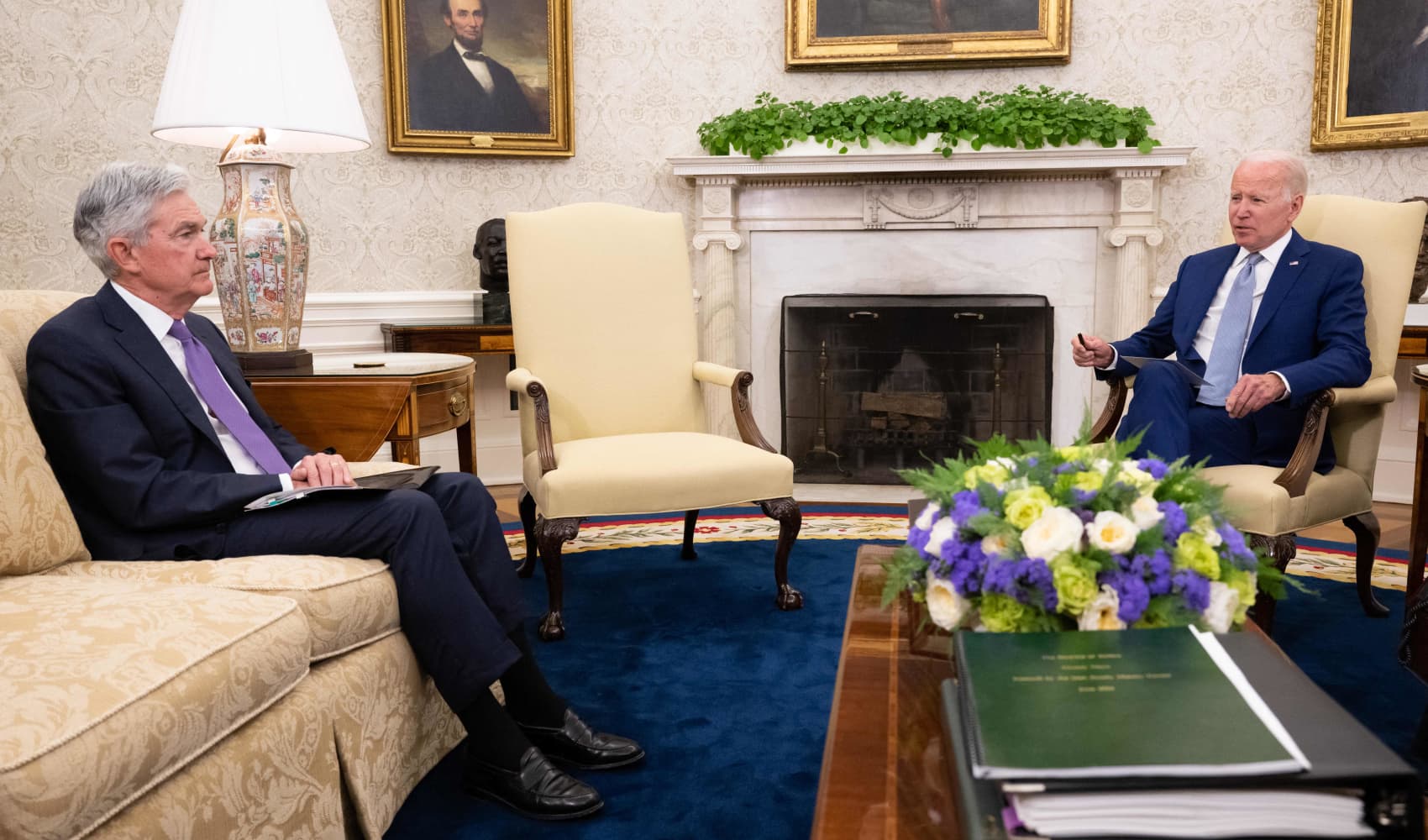
Courtney Chatterton has experienced more microaggressions tied to her age and gender in the workplace than she can count — enough to lead to burnout and her leaving jobs altogether.
Chatterton, 27, recalls one of her first jobs after graduating college, as a marketing operations role at a small tech startup in Chicago, Illinois.
STAY IN THE KNOW
Watch NBC10 Boston news for free, 24/7, wherever you are. |
|
Get Boston local news, weather forecasts, lifestyle and entertainment stories to your inbox. Sign up for NBC Boston’s newsletters. |
"I worked with people 10, 15 years older than me, and even when I was expected to lead a project or call the shots, they were constantly dismissive of me, and my decisions were always questioned," she tells CNBC Make It. "I felt so unsupported and completely defeated."
She often felt singled out because of her age and gender, partly because she worked in a male-dominated environment and was the youngest person on staff. After 18 months, she decided to quit.
Get top local stories in Boston delivered to you every morning. Sign up for NBC Boston's News Headlines newsletter.
Conventional wisdom holds that older women have the most to contend with in regards to ageism, or unfair treatment based on a person's age. However, new research from LeanIn and McKinsey & Co. suggests that younger women are more susceptible to ageism in the workplace than their older colleagues.
Ageism impacts older employees at fairly similar rates for women and men. Yet women in their 20s and 30s report much higher instances of ageism than older women and their young, male colleagues.
Nearly half (49%) of women in their 20s and 37% of women in their 30s say their age has negatively impacted their career, compared with 24% of women in their 40s and 29% in their 50s.
Money Report
More ambition but fewer sponsors
Women in their 20s and 30s are almost twice as likely as young men to field unwanted comments about their age from their co-workers.
These could take the form of excluding younger women from leadership opportunities because of a belief that it's "not their turn yet" or making jokes about their appearance and lack of experience.
April Little, 37, remembers being told she was "too ambitious" at different points in her 20s while she worked as a recruiter.
When she asked bosses for professional development opportunities or a title change, she was denied and told she had to "earn her stripes." Her male colleagues with similar credentials, on the other hand, were rewarded for the same behavior.
"I remember a lot of the young men I worked with came into their job as a referral, with an older male colleague as a mentor or friend," says Little, who is now an executive communication coach. "That support can help insulate them from age-based discrimination."
Women remain less likely than men to be hired into entry-level roles or promoted to the position of manager, LeanIn and McKinsey found. This is often due to a lack of sponsors ensuring that young women get these stepping-stone jobs.
"We tend to promote men based on their potential, and women based on what they've already accomplished," explains Rachel Thomas, LeanIn's co-founder and CEO. So often young women "face bigger barriers to advancement."
The unique workplace problems Gen Z, millennial women face
Women can encounter ageism at every point in their careers. Young women can face barriers to promotion because their managers view them as too inexperienced, while those in middle age are often thought of as having too many caregiving responsibilities.
Older women might report fewer instances of ageism because they benefit from greater experience, seniority and professional networks, which can offer them some protection from these particular biases, Thomas points out.
The higher rates of ageism younger women report could partly be a function of generational differences, says Emily Levine, executive vice president of the recruitment and advisory firm Career Group Cos.
"I've noticed that early career professionals, Gen Z in particular, are highly ambitious and want to grow their careers a lot faster than their predecessors, and that could be contributing to this surge in ageism among younger women," Levine says. "If they're rejected from an opportunity, they might chalk it up to their age instead of their abilities."
Pairing young women with mentors and creating a culture where intergenerational collaboration is encouraged and celebrated could help curb ageism in the workplace, Thomas says.
Chatterton agrees, noting that her current role as a senior marketing specialist at Hyperproof, a software development firm headquartered in Seattle, Washington, is the happiest she's been in her career — namely because Hyperproof has created the kind of supportive, inclusive environment Thomas describes.
"My colleagues and managers listen to me, they trust me, it's amazing," she says. "It's easier to succeed under those conditions."
Want to master your money this fall? Sign up for CNBC's new online course. We'll teach you practical strategies to hack your budget, reduce your debt, and grow your wealth. Start today to feel more confident and successful. Use code EARLYBIRD for an introductory discount of 30% off, now extended through September 30, 2024, for the back-to-school season.
Plus, sign up for CNBC Make It's newsletter to get tips and tricks for success at work, with money and in life.






